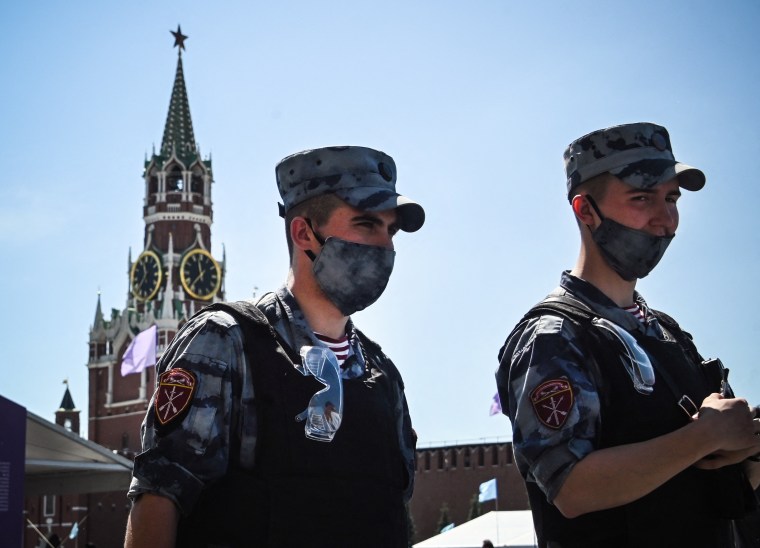Stockholm, July 20, 2021 – Russian authorities should allow the independent investigative news outlet Proekt and its staff to operate freely, the Committee to Protect Journalists said today.
On July 15, the Office of the Prosecutor-General of Russia classified the outlet’s parent company as “undesirable,” thereby banning its operations in the country, and the Justice Ministry registered five of its staff members as “foreign agents,” according to multiple news reports, a statement by the prosecutor-general’s office, and the banned outlet’s former deputy editor, Mikhail Rubin, who spoke to CPJ in a phone interview.
By classifying Proekt’s U.S.-based publisher Project Media as “undesirable,” authorities made it an administrative and criminal offense for individuals or legal entities to work with it, those reports said.
The Justice Ministry also registered three other independent reporters as “foreign agents” on July 15, according to those sources and a list published by the ministry.
“By banning Proekt and adding ever more journalists to a list of so-called foreign agents, Russian authorities seem intent on stifling the few remaining independent voices in the country,” said Gulnoza Said, CPJ’s Europe and Central Asia program coordinator, in New York. “Russian authorities should completely overhaul the country’s regulations on undesirable organizations and foreign agents, and ensure that press freedom is protected.”
Under amendments made to the Russian Criminal Code earlier this month, individuals who repeatedly work with an “undesirable” organization can face up to four years in prison; those found guilty of “organizing the activities” of such an organization can be jailed for up to six years.
Proekt is the first media outlet to have been labeled as undesirable in Russia, according to those news reports, which said it was unclear if internet users simply reposting Proekt’s articles could count as working with the organization.
People classified as “foreign agents” are subject to a number of restrictions relating to their work and finances, including a requirement that their writing be labeled as produced by a foreign agent, as CPJ has documented.
The Justice Ministry’s list includes Proekt founder Roman Badanin and four writers at the outlet, Pyotr Manyakhin, Olga Churakova, Maria Zheleznova, and Yulia Lukyanova.
Rubin told CPJ that the steps taken against Proekt and its staff were likely a “cumulative response” to the outlet’s investigations into President Vladimir Putin and members of his inner circle. Since its launch in 2018, Proekt has covered topics including investigations into the wealth of Chechen leader Ramzan Kadyrov’s family, alleged statistical manipulation by Russian authorities, and the wealth of a woman alleged to be Putin’s former lover.
At the end of June, authorities raided the homes of three Proekt staff members and interrogated them shortly after the outlet announced the imminent publication of a corruption investigation into Interior Minister Vladimir Kolokoltsev, as CPJ documented at the time.
In its July 15 statement, the Prosecutor General’s Office accused Project Media of posing “a threat to the foundations of the constitutional order and security of the Russian Federation.”
On July 16, Proekt’s editors announced that they had severed any relationship with Project Media, which was in the process of liquidation. In that statement, the Proekt team vowed to continue working.
Also added to the foreign agents register on July 15 were the chief editor of the independent Estonia-based media platform Open Media, Yulia Yarosh; that outlet’s deputy chief editor, Maksim Glikin; and Yelizaveta Mayetnaya, a correspondent with U.S. Congress-funded Radio Free Europe/Radio Liberty’s Russian service Radio Svoboda and editor of RFE/RL’s website Sever.Realii, according to the Justice Ministry registry.
Mayetnaya, who spoke to CPJ by phone, said she did not understand why she had been singled out, and said she saw the decision as an illegitimate “attempt to shut our mouths” and intends to appeal. The remaining journalists added to the register either did not respond to CPJ’s requests or declined to comment.
Pyotr Manyakhin wrote on his Facebook page that he intends to appeal the classification.
CPJ emailed the Russian Ministry of Justice and the Office of the Prosecutor General for comment, but did not receive any reply.
